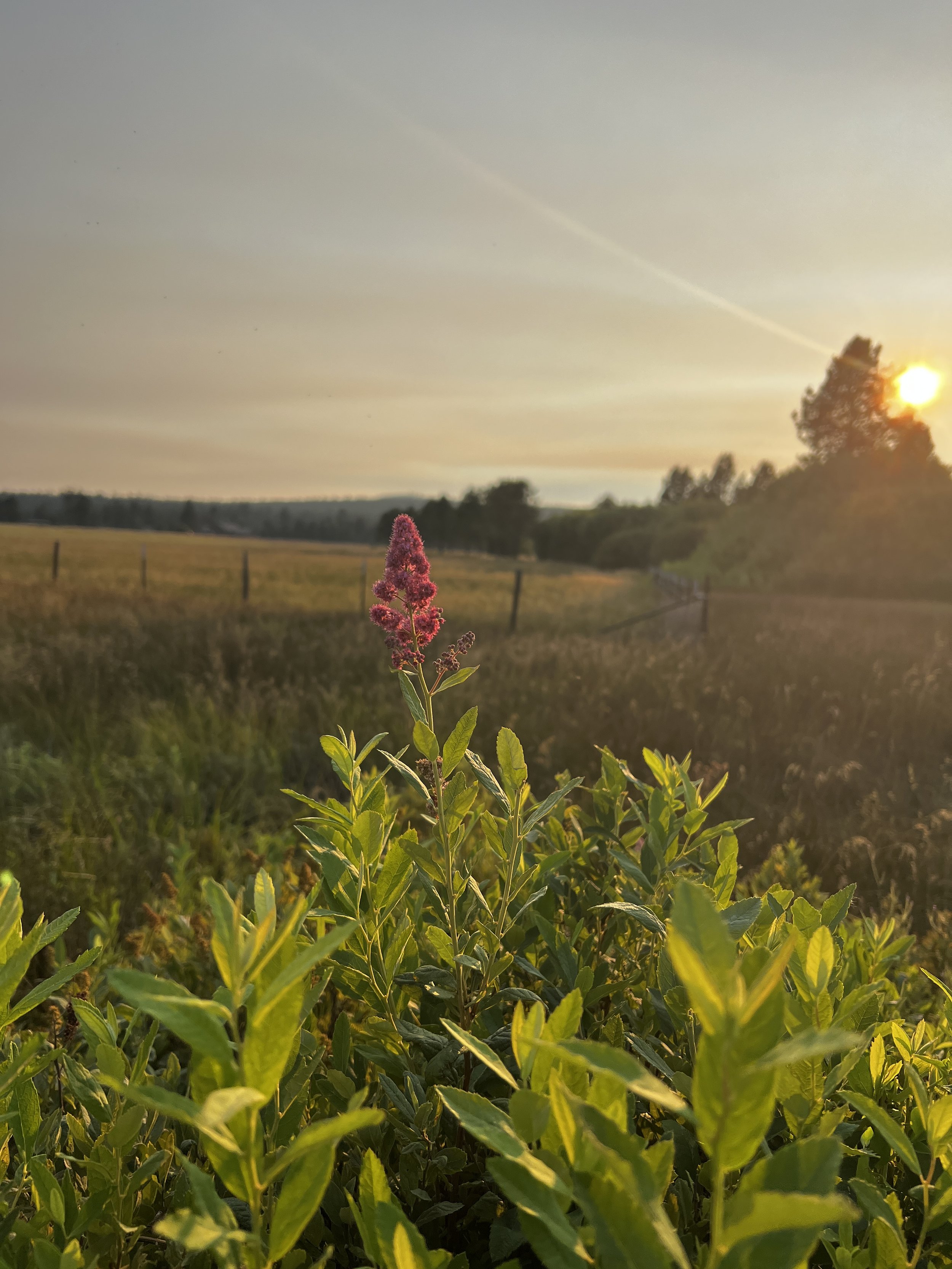Things We’d Love to Spend More Time Talking About in Clinic Episode Two: On Nourishing Life and the Inflated Pulse
Co-written by Stephen and Melinda
We are getting so excited about all the different things we can talk about here on our platform! Thank you so much for being a part of our community here.
Today, we’d like to introduce Episode 2 of Things We Wish We Could Spend More Time Talking About in Clinic! Last time, we talked about a fan favorite — dampness. Today, we’re talking about a different topic, one that is so close to our hearts (literally). This is the notion of Yangsheng, or “nourishing life” and that is our essential mandate as practitioners of Classical Chinese medicine.
The idea of Yangsheng originally shows up in the Zhuangzi, a Chinese philosophical text that’s known for its playful wisdom. Through the metaphor of a masterful chef effortlessly cutting up food, Zhuangzi refers to the idea of nourishing life as “緣督以為經,” a play on words which both means that 1) one must adhere to the laws of nature if one is to remain in good health; and 2) that staying close to one’s Du mai—the most yang channel in the body, that lives in the center of the spine— is the road to greatest health. Mmmkay, Zhuangzi. But what does this mean for us nowadays? We’ll share our interpretation, essentially, what this ancient Chinese philosopher means to say is that each one of us must learn to listen closely to and remain within the limits of our most core energy if we are to remain in balance in our own bodies as well as in accordance with the natural cycles around us.
One of the things that is most clear to us is that often times people come to us wanting us to fix something that they perceive to be wrong. But the concept of “nourishing life” tells us that bodies are wise: the truth is, the body doesn’t make mistakes. The notion of cure is counter to life. This is a very edgy concept for many of us who, over time, have begun or continued to have somewhat of an adversarial relationship with our bodies. Our job as practitioners of Chinese medicine (and holistic mental health alike) is not to fix something that is wrong with our patients, but rather, to support their body in communicating, and getting out, getting the support with, or holding onto whatever it is that the body has wanted to communicate but hasn’t been able to — to nourish that very life to express itself fully — and most importantly, to do it without judgment.
Today in case consultation we were talking about a pulse quality that is (as far as we know) unique to the pulse lineage we practice, Inflated. This quality is found when a person has undergone a significant stressor— be it physical or emotional — when their body is robust enough to guard the heart. The inflated quality describes a situation in which the person has essentially created a scaffolding to protect the heart which does not allow anything to get in or out. A student was asking about how to resolve Inflated on the pulse of a patient, and we got the opportunity to share something that we often share with patients: The goal is not to cure the Inflated. The goal, if there is one, is to learn how to live with a chest that tends toward Inflating and to love it wholeheartedly — and thereby, allow it to deflate again when the environment feels safe enough for the scaffolding to come back down.
For those of you who are wondering, the physical symptoms that can be associated with Inflated pulses often have to do with what we think of in Chinese medicine as the heart’s circulatory function: folks who present with inflated pulses can suffer from cold hands and feet, depression, anxiety, being quick to anger, discomfort or lack of feeling and awareness in the chest, shortness of breath, palpitations, or insomnia. Resolving the inflated quality supports the amelioration of these symptoms, but the important part is to get to know ourselves so when these symptoms creep back up, we know how best to walk alongside ourselves and become empowered to engage in our own healing. This, if anything, is our highest aspiration: to nourish life.


